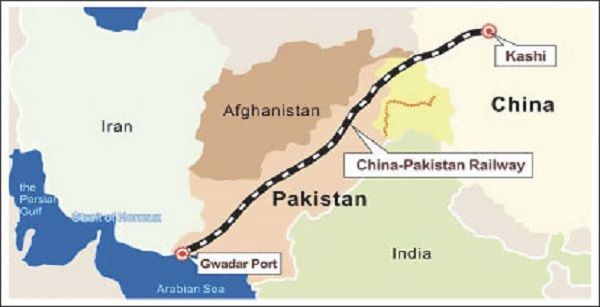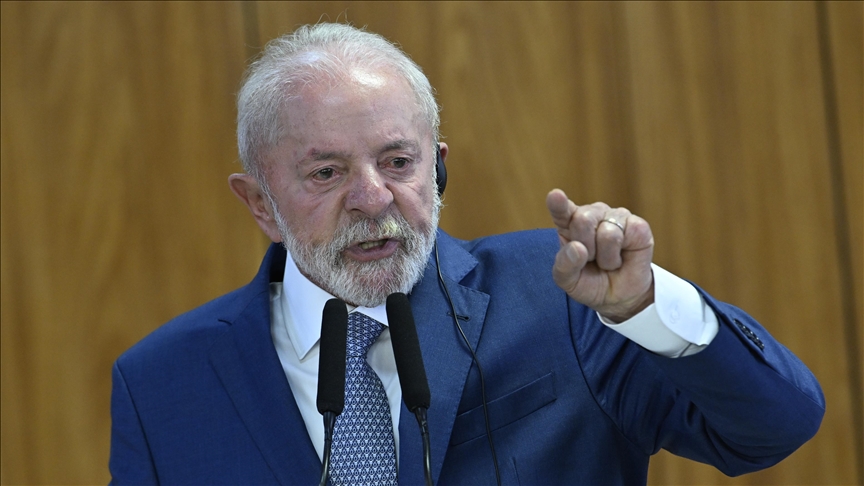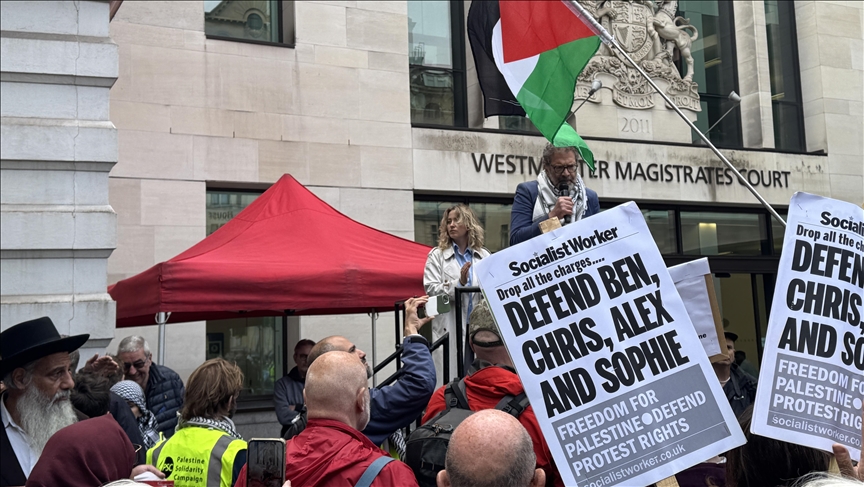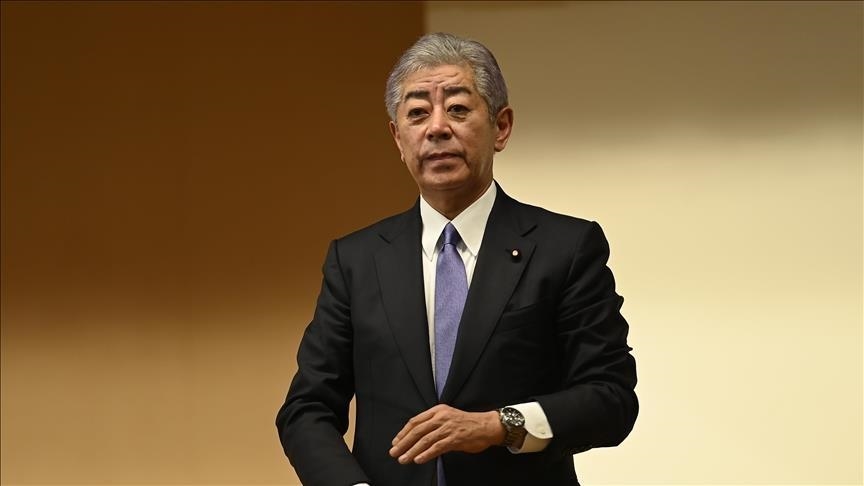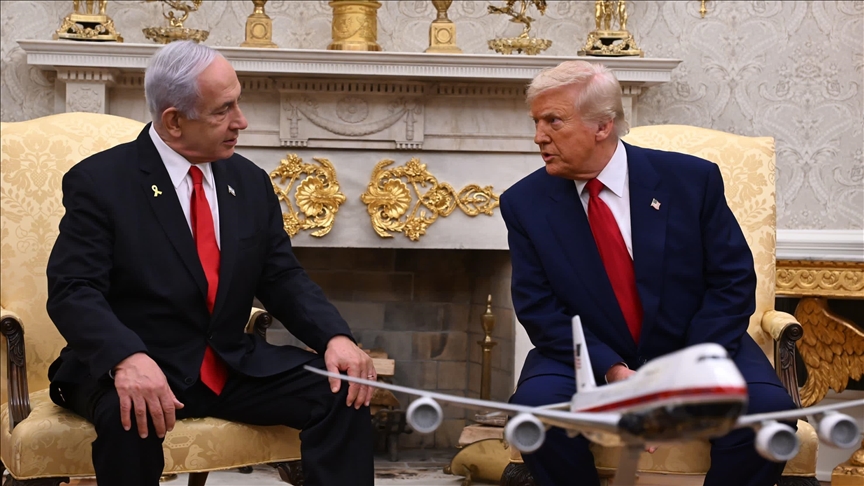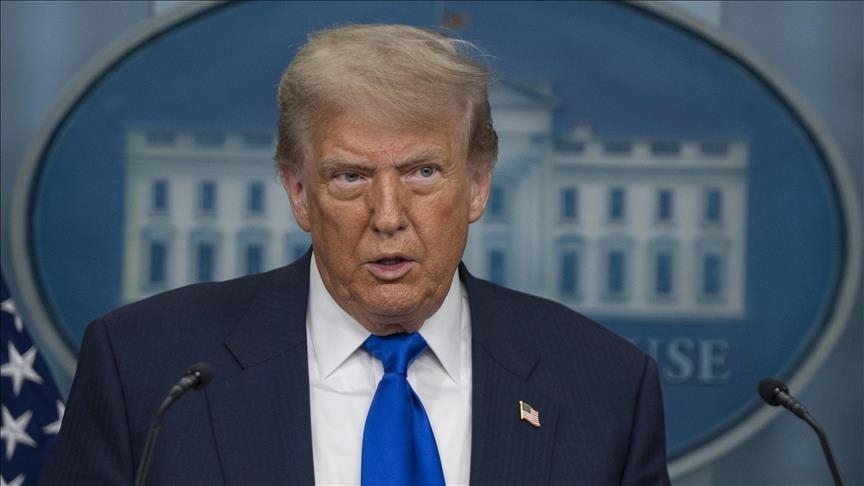Regional politics is in search of new “power alignment”. Power politics is also shaking the status quo and shaping the world to create new centers of power, colonies of prosperity and communities of partnerships.
Moreover, the “Pivot of Asia” and “Pearl of Strings” have been further molded into QUAD and AUKUS orientations. In this regard, surfacing of the COVID-19 has changed the dynamics of the regional connectivity and global economic outlook. However, the Chinese new diplomatic coin i.e. “Vaccine Diplomacy” saved millions of needy people from the clutches of death. In this regard, the strategic scope, utility, expansion and coordination of the Chinese One Belt One Road (BRI) remained tall and successful.
On the contrary, new anti-China economic blocs, new world connectivity mega projects i.e. the G7’s Build Back Better World (B3W) and EU’s Global Gateway, new banking & finance arrangements (alternative to US dollar financial dominance, Russia, China, India, Saudi Arabia etc. currency swaps), unwise constant upward increase in the basic interest rates of the US Federal Reserve, new innovations of AI (CHATGPT), CHIP, new conflicts in shape of Russia-Ukraine tussle, Russia-EU energy disconnection, the US & EU increasing honeymoon spells with Taiwan, the US and its regional allies heavy naval presence in and around the South China Sea, new US military bases in the Philippines, constant meddling in Hong Kong and sponsored sabotage activities in Africa to harm the Chinese vested interests (investment, infrastructure development projects) all vividly reflect emergence of the “New World Order” in which forces of “Resistance” (China, Iran, Pakistan, North Korea) are combating with the forces of Restrictions (US, EU & India). The latest episode of Chinese “civilian balloon” row has further already ongoing “intensified” US-China trade rivalry.
However, the Chinese BRI is making “Bridges” of trust, respect, recreation and “Hubs” of greater connectivity due to which the true spirit of “multiculturalism” is hovering around the globe. Moreover, the global energy & food insecurity crises have “burnt” the souls of common humanity around the globe due to which ratios of poverty, unemployment, inflationary trends and price hike have badly disturbed budgetary deficits. Notwithstanding the BRI still holds “hopes” of “Better World”.
Now, the Chinese BRI has entered into the tenth year during which it has successfully transformed states, societies and the systems in many member countries around the globe. China’s colossal infrastructure investment is ushering in a new era of trade and growth for economies in Asia, Central Asia, Africa, Middle East and beyond.
Critical analysis reveals that its proposed corridors, the land-based BRI, are tightly connected to Xinjiang’s development and western China’s globalization and further widening the scope and pace of Chinese connectivity with Iran, Middle East and Central Asia. The sea-based BRI is closely tied with the Greater Bay Strategy (GBS) surrounding Hong Kong and the maritime expansion of eastern China thus creating an alternative route for the further strengthening of the blue economy in the region. Moreover, China’s state-owned enterprises (SOEs) are expanding their investment and operation in the green economy, digital infrastructure, construction industries and railways are creating socio-economic wonders in the member countries.
Nevertheless, the United States shows its concern to some in Asia that the BRI could be a Trojan horse for China-led regional development and so-called military expansion which is not true because BRI has revised spirits of meaningful regionalism for equitable development and socio-economic integration. The BRI and CPEC projects have become icons of national, inter-regional, trans-regional and continental connectivity. Unfortunately, the US President Joe Biden has also maintained his predecessors’ cynical stance towards Beijing’s actions, but Washington has struggled to offer participating countries a more appealing economic vision.
Xi’s vision of BRI included creating a vast network of railways, energy pipelines, highways and streamlined border crossings, both westward through the mountainous Central Asian Republics (CARs) and southward, to Pakistan, India and the rest of Southeast Asia. Such a mega network would expand the prospects of greater regional connectivity and would further enhance Asian connectivity in the days to come.
Despite false and fake propaganda of the forces of disconnection it has connected more than 150 countries. According to official data (December 2022) BRI now consists of two-thirds of the world’s population and 40 percent of global GDP have signed the BRI. It has further enhanced trade volumes (more than US$6 trillion during 2014-2017) between China and BRI member countries. China has pledged more than US$ 1 trillion to BRI.
Interestingly, the sponsored pseudo intellectuals could not draw any “grey line” against the BRI. The paid economists, puppetry journalists and westernized NGOs could not convince other interested countries about so-called extended Chinese imperialism, debt trap, hidden agenda and possession of other resources. Although the Western “smoke guns” are still active to shoot-down fly-high “Brides of prosperity, and participation around the globe”.
The BRI has now become one of the main pillars of a bolder Chinese statecraft under Xi Jinping alongside the “Made in China 2025” economic development strategy. It is indeed a mutually beneficial mega trans-regional economic, trade and infrastructure development strategy to increase connectivity, socio-economic integration, eradication of poverty, generation of new jobs, innovations, green development along with boost Chinese incomes and export China’s excess productive capacity and overcome middle income trap. Therefore the Chinese BRI is not a so-called “poisoned chalice” as propagated by the Western policy makers and mass media outlets.
The Chinese BRI was initiated to connect Asia with Africa and Europe via land and maritime networks with the aim of improving regional integration, increasing trade and stimulating economic growth. It comprises a Silk Road Economic Belt, a trans-continental passage that links China with Southeast Asia, South Asia, Central Asia, Russia and Europe by land and a 21st century Maritime Silk Road, a sea route connecting China’s coastal regions with Southeast and South Asia, the South Pacific, the Middle East and Eastern Africa, all the way to Europe.
The BRI’s initiation upholds five major priorities: policy coordination; infrastructure connectivity; unimpeded trade; financial integration and connecting people and there has not been any “specific political condition, economic preferential treatment, social bargains, ethnic preference and last but not the least any hidden agenda of military expansion in all the member countries of the BRI”.
To conclude, to match with the pace of new technologies and innovations, the BRI now places increasing emphasis on “high-quality investment”, digitalization, e-commerce, including through greater use of project finance, risk mitigation tools, and green finance.
Constant and continued havocs of the regional as well as global warming have encouraged the policy makers of China to change the BRI accordingly. Now it has embarked on the journey of “green development through heavy investment in wind, solar, EVs, lithium batteries, hydropower and environment friendly policies and projects” in all the member countries around the globe.
BRI has further enhanced agriculture cooperation in all the member countries. The geopolitically motivated strains in energy & food supply chains has encouraged the BRI to promote stable, sustainable and green agriculture development in its member countries. China has already developed “new hybrid seeds, drones operated plough, cultivation of hybrid crops, scientific land mapping & leveling, disaster management cooperation, organic fertilizers, livestock” and soil compatibility in its BRI member countries.
BRI has also extended health cooperation after the eve of the deadly virus of COVID-19. Formation and initiation of the “Health Silk Road (HSR)” has become iconic health cooperation among all the member countries. Moreover, easy and smooth supplies of vaccines have become the “New China Wall” against COVID-19 virus and its new variants.
It is good omen that over two-thirds of European Union (EU) member countries have formally signed on to BRI with large Chinese infrastructure investment responsible for projects such as the renovated port of Piraeus in Greece and the Budapest-Belgrade railway in Hungary.
It has also funded a number of projects on the continent in non-EU countries. These investments have now made it harder for the EU to craft a united approach to China,” and Greece and Hungary have obstructed bloc-wide efforts to criticize China.
It is high time for the policy makers of China to further streamline respective national economic, fiscal and monetary policies of all the member countries of the BRI, enabling all to absorb any internal socio-economic disintegration, political instability incidents and last but not the least any external sponsored game of thrones to destabilize their economies in the future.
By Dr Mehmood Ul Hassan Khan

